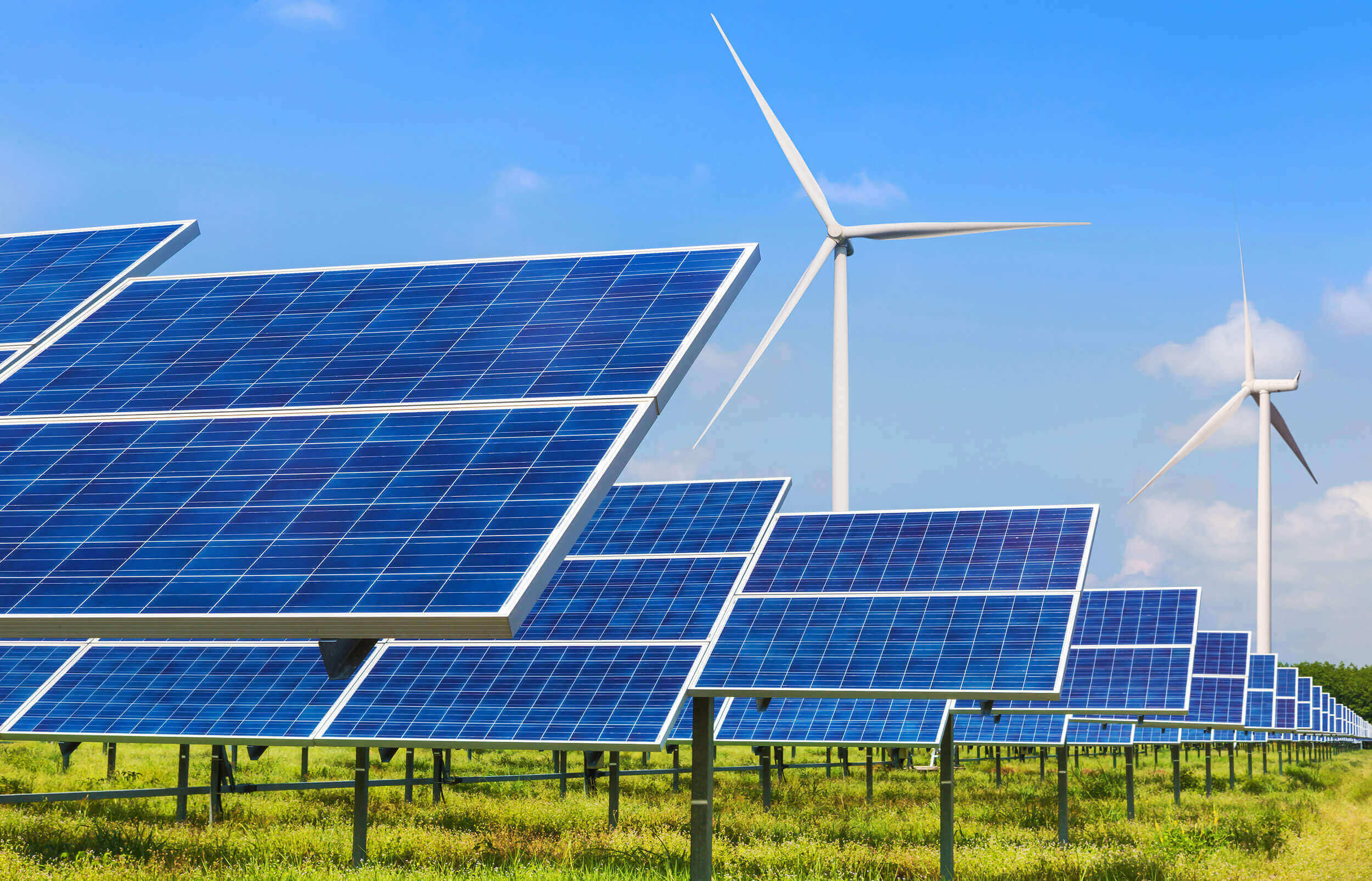
5 Macro Economic Trends for Future 2024
23 October, 2023
In today's dynamic business environment, staying ahead of the curve is crucial. The world is witnessing a multitude of macroeconomic trends that are set to reshape the global economic landscape in 2024. These trends have far-reaching implications for businesses and consumers alike. Let's delve into the five key macroeconomic trends that are poised to define the business climate in 2024.
1. The Cost of Living Crisis
The cost-of-living crisis has swept across the globe, affecting people from all income levels. Inflation, soaring to levels not seen in decades, shows no sign of slowing down. The United Kingdom is particularly hard-hit, with a shocking report by The Guardian suggesting that 30 million people in the UK might be priced out of a decent standard of living by 2024. Rising prices, stagnant wages, and increasing unemployment rates are expected to leave 43% of households struggling to make ends meet. Urgent action is needed to address this crisis. For businesses, consumer spending is likely to decline due to rising prices and reduced disposable income. This predicament calls for the adoption of sustainable practices that reduce the carbon footprint and promote environmental responsibility.
2. Interest Rate Hikes

The global economy is at a crossroads, with 61% of chief economists predicting a decline in 2024. The US Federal Reserve has been aggressively raising interest rates to combat record-high inflation, leading to the highest rates in 15 years. These aggressive measures, aimed at curbing inflation, may inadvertently plunge the economy into a recession due to the severity of the inflationary pressures. With growth expected to slow and unemployment rates on the rise, the economic landscape is facing challenges that will require astute navigation by businesses and consumers alike.
3. Supply Chain Disruptions and Extensive Shortages
Supply chain disruptions have emerged as a critical challenge in 2024. The pandemic-induced slowdown in production, coupled with unprecedented consumer demand, has led to shortages in a wide range of products, from everyday essentials like baby formula to high-tech components such as computer chips. Global container shipping prices have quadrupled, and shipping delays have doubled, putting immense strain on various supply chain levels. Navigating these issues and ensuring a steady flow of goods is now a top priority for businesses.
4. Sustainability Emerges as a Leading Priority

Sustainability has swiftly climbed the priority ladder for both businesses and consumers. With two-thirds of consumers willing to pay more for sustainable products and the environmentally-conscious Gen Z generation gaining more purchasing power, companies are investing heavily in sustainability initiatives. Environmental, social, and governance (ESG) investments have surged, and major corporations are actively implementing sustainability practices. CEOs are placing environmental sustainability higher on their business agendas, recognizing the growing importance of this trend.
5. Automation and the Human Workforce
As automation continues to replace technical tasks, the importance of human soft skills becomes paramount. Investing in skills such as emotional intelligence, communication, and high-level strategy will be essential for employees. While automation may displace some jobs, it will create new roles, particularly for highly skilled workers and those involved in the management of automation technology. The division of labor between humans, machines, and algorithms is evolving, with significant implications for the workforce.
In conclusion, 2024 promises to be a year of profound economic change. The rise of generative AI, the cost-of-living crisis, supply chain challenges, sustainability initiatives, and the ongoing automation revolution are all poised to leave an indelible mark on the global economic landscape. Businesses that adapt and innovate in response to these trends will be well-positioned to thrive in this rapidly evolving environment. Staying informed and agile is the key to success in the ever-shifting world of economics.